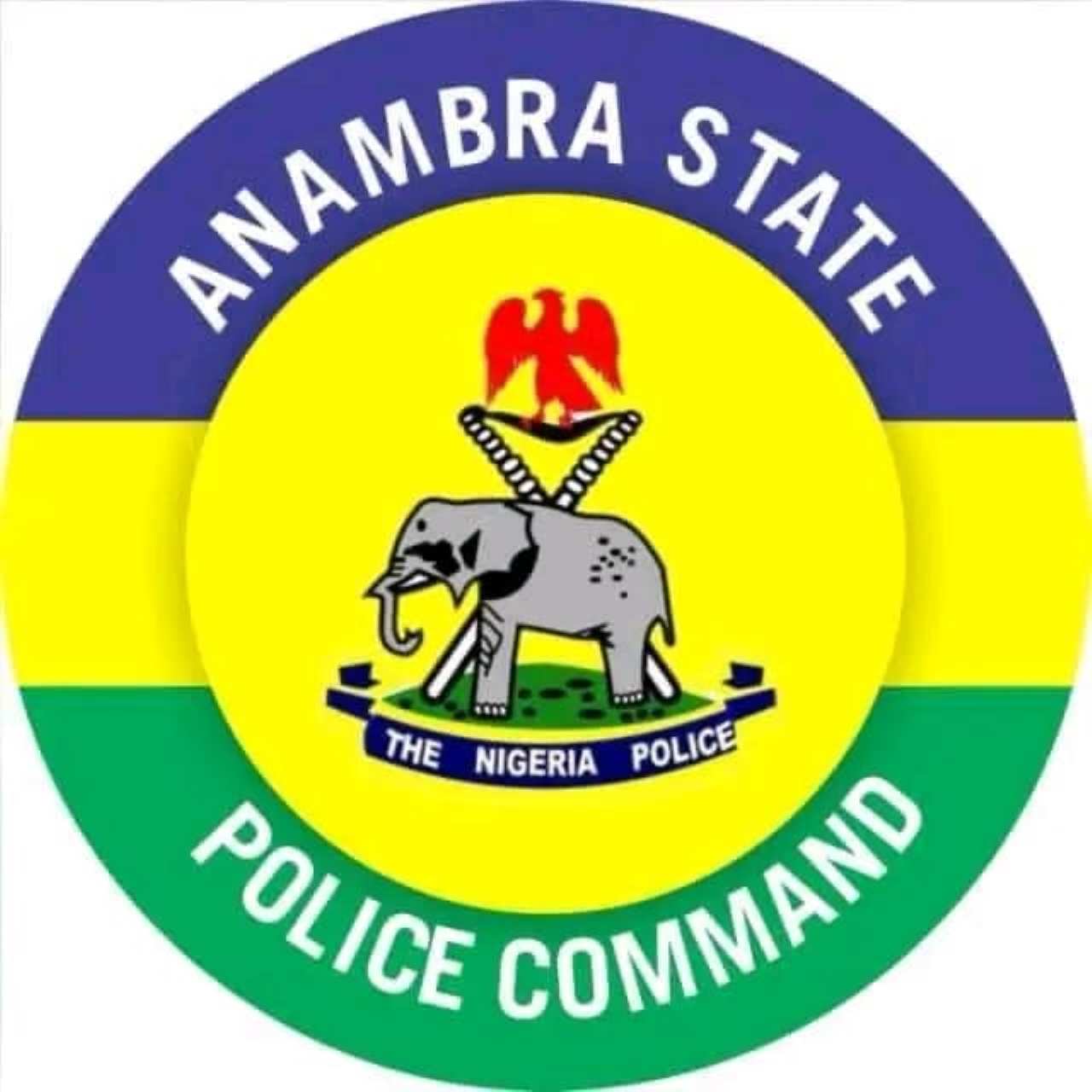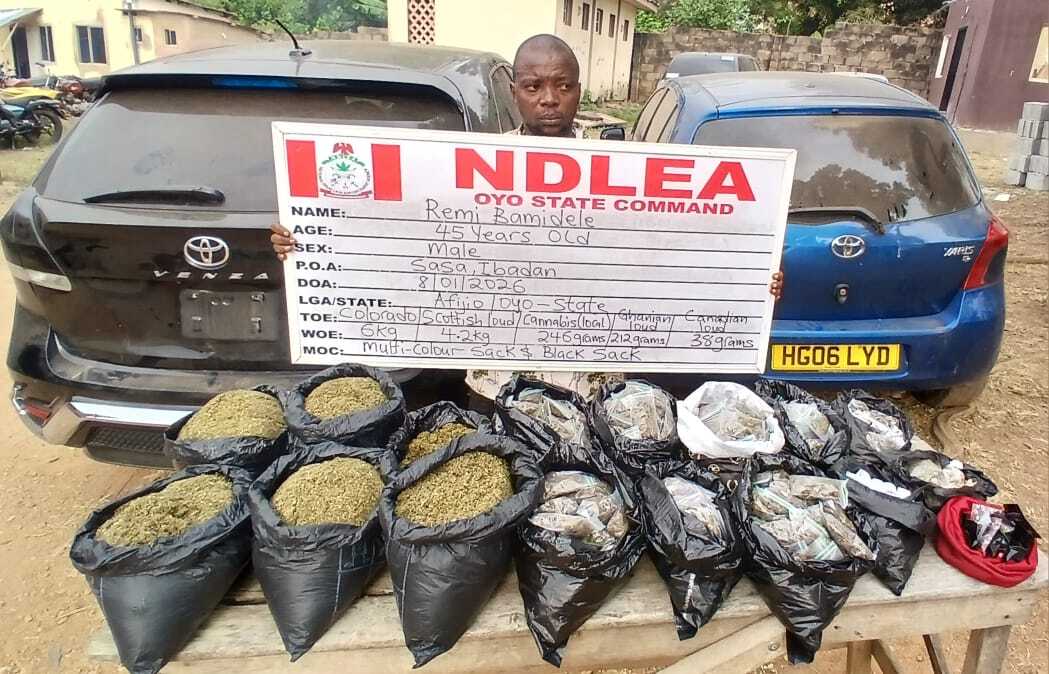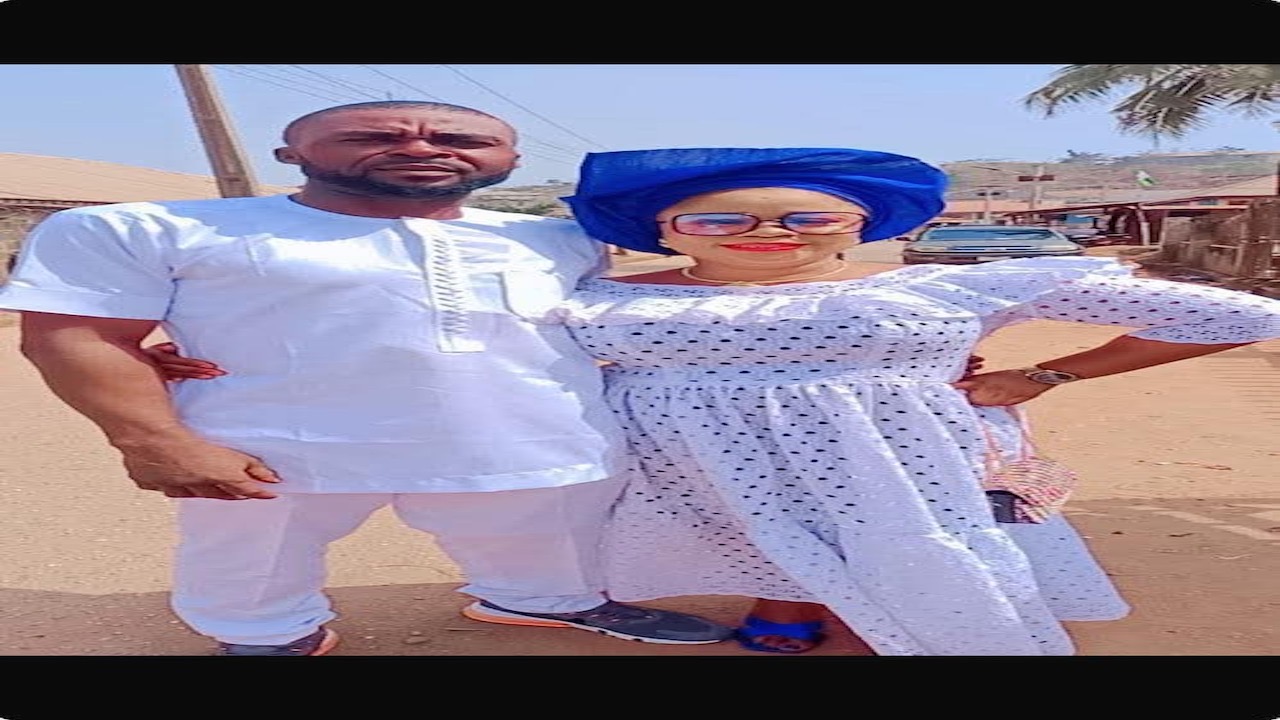
A team of Nigerians based in the United States is set to launch a product to solve challenges around climate change.
The Nigerian startup, BW Analytics, whose product leverages deep learning and remote sensing will be solving issues around climate change and environmental conservation.
According to the World Bank, Nigeria is experiencing unprecedented climate variability. Rainfalls have become more intense and random, contributing to flooding, gully erosions, landslides, and land degradation.
Contacted by our team, the Team lead and Founder of BW Analytics, Abdullahi Bello, who is also a GIS and Spatial Data Specialist at Northeastern University in Boston, Massachusetts, who spoke about the product was quite enthusiastic.
He said, “What we have developed is not an innovation. It is more of a smart application of existing technology in environmental and urban studies, specifically in tackling climate change in Nigeria. We are proposing a method of earth observation used by the world’s leading organizations in earth sciences and climate research like NASA, and most importantly, offering the skillset to execute it.”
Bello noted that his team has worked tirelessly to make Deep Learning method of spatial change detection analysis applicable to high-resolution satellite and drone imageries of Nigerian locations.
In 2021, former President Muhammadu Buhari signed the Climate Change Act which puts national programs and plans such as carbon taxing and carbon trading in place to achieve climate action goals. Other government initiatives include restoring land in northern states by planting tree seeds and seedlings; issuing green bonds to encourage private investment in climate-smart projects; introducing innovative technologies, such as fuel-efficient cookstoves, solar-powered health centers, and borehole pumps; conducting policy research and feasibility studies, such as an LPG framework to reduce reliance on wood and kerosene, and grid-connected solar power plants.
Meanwhile, Bello also revealed the motivation behind the project and how beneficial it could be to Nigerian sectors if adopted.
He noted, “Our goal is to use Deep Learning algorithms for object detection. We wanted to build models that would detect ongoing construction and newly erected structures to help agencies in charge of enforcing planning standards. But we stumbled something that goes beyond detecting new structures. We can be able to detect the rate of deforestation, desert encroachment, shoreline encroachment or recession, and other features we haven’t even thought about.”
Faith Jacob, the team’s spatial analyst, and a graduate student at Texas A&M University, explained that they started with a location to study over time and define a boundary.
He said, “After this, we decide the period we want to study for changes, like 2020 to 2024, and obtain high-resolution imageries for the various timelines. The imageries are then georeferenced, scaled, and then fit into the defined boundary using a processing mask. We feed the imageries into the Deep Learning algorithm, which then classifies the features and analyzes the changes in these features detected over time.”
Speaking on the product, Taiwo Agbaje, a Nigerian licensed Town Planner and a revered GeoAI expert in the US. Agbaje described his role in the team as the tech product manager who offers direction on the KPIs to look out for to make the product more attractive and applicable across various sectors in Nigeria.
Asked about the significance of GeoAI and application, he stated, “The importance of GeoAI tools cannot be overstated, it is a tool that not only simplifies geospatial analysis but makes the results more accurate. We have selected Deep Learning as the appropriate GeoAI tool for change detection because of its precision in identifying features and classifying them.”
An Operations and Technology Analyst at Citi, Texas, who is also BW Analytics’s Computer Scientist, Abdulsamad Bello, noted that they have leveraged ESRI’s pre-trained Deep Learning model for change detection.
“This method ensures anyone with little or no coding experience can perform this spatial analysis by clicking a few buttons, we have ESRI to thank for that. Our future development, which is already in the works, is training our own Deep Learning models for computer vision and object detection and wrapping it up in a custom application for government agencies and parastatals based on their specific needs,” he added.
When asked how they plan to pitch this idea to the intended Nigerian market considering a large part of their team resides in the United States. Bello added that their team members in Nigeria were capable of executing projects.
He further stated, “We have experts like Jamiu Omotoso, Adedayo Adejumo, Akeem Ibrahim, and Olakunle Muniru with technical and professional experience ready to execute a project as we speak. The product, method, and our team of experts are ready. So offering our services to the firms and agencies in need would not be an issue.”
He also mentioned that the difficult part would be getting the opportunity to collaborate with these agencies, hoping that their training and exploits in the United States in their respective specialisations and the results the technology has yielded in the United States, are enough to convince potential partners.






